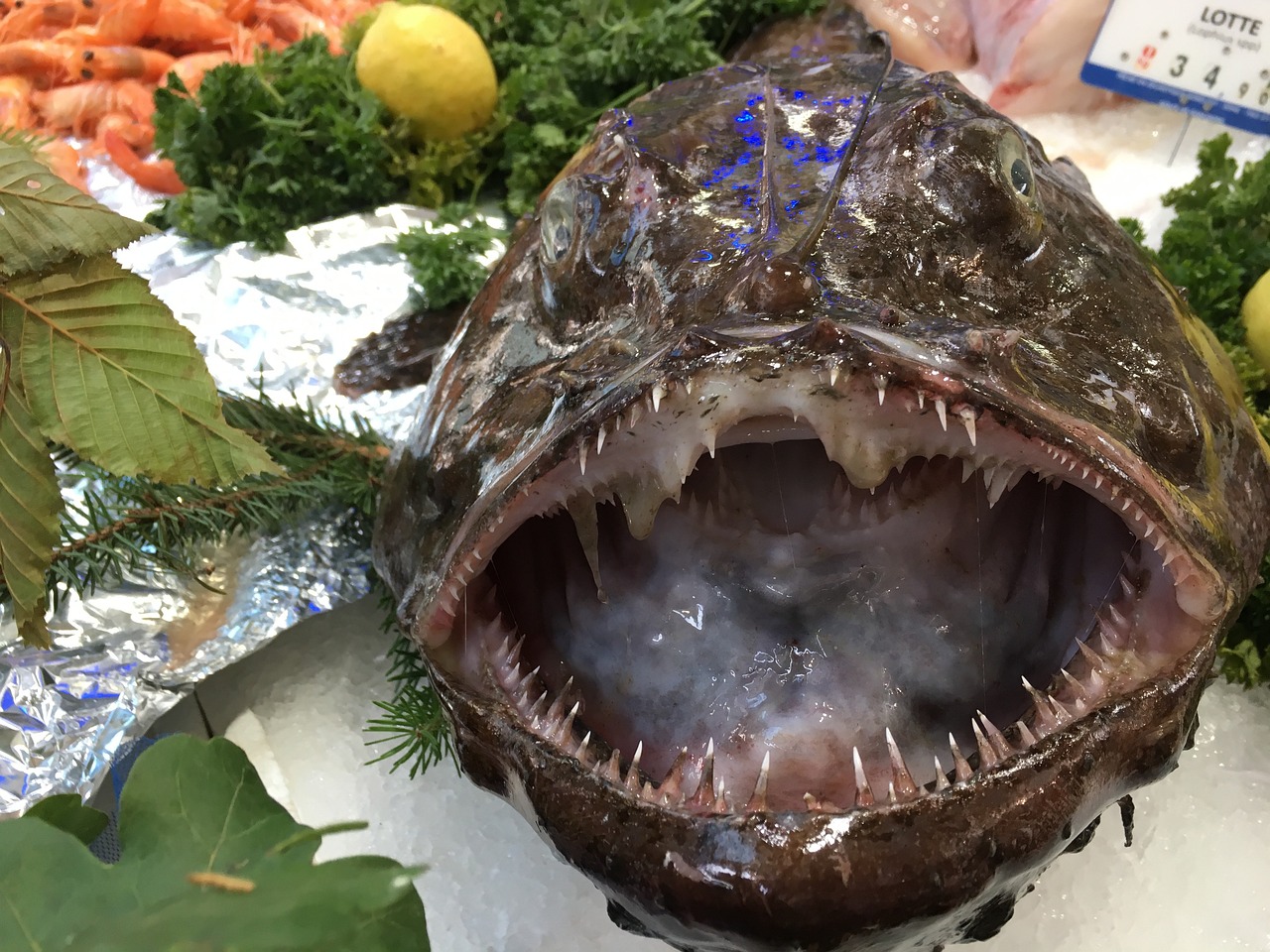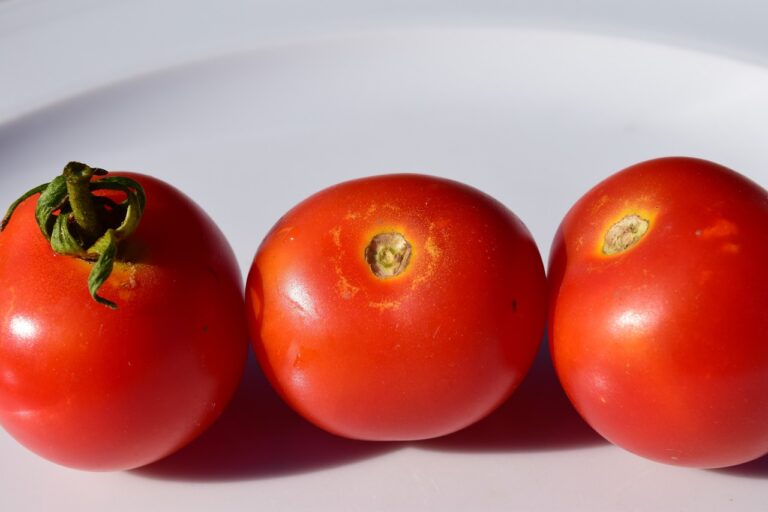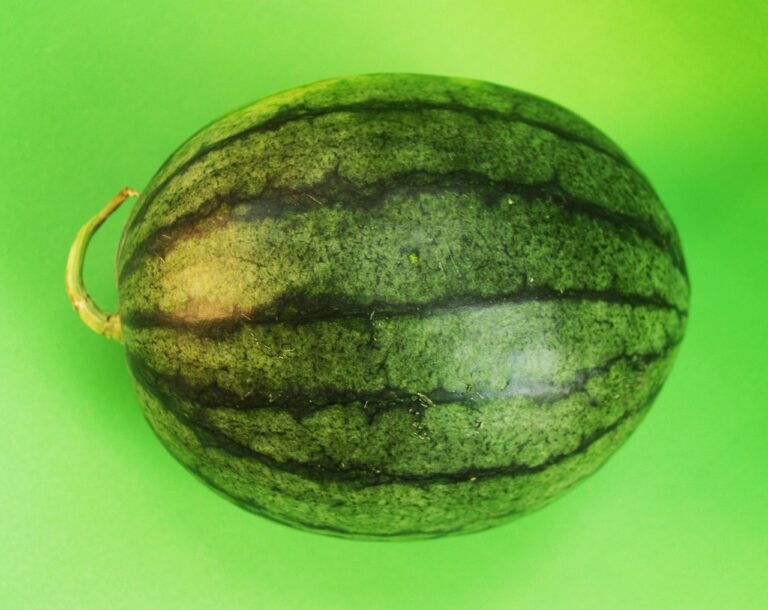Precision Seabird Medicine: Tailoring Treatments to Avian Health in Marine Environments: Diamondexch sign up, Sky 99 exch, Reddy anna book club
diamondexch sign up, sky 99 exch, reddy anna book club: Precision Seabird Medicine: Tailoring Treatments to Avian Health in Marine Environments
Seabirds are fascinating creatures that play a vital role in marine ecosystems. However, these birds face a myriad of health challenges in their marine environments, from pollution to climate change. To ensure the well-being of seabird populations, researchers and veterinarians are turning to precision medicine to tailor treatments to the specific needs of these avian species.
What is precision seabird medicine?
Precision seabird medicine is a specialized approach to treating the health issues of seabirds in marine environments. By understanding the unique biology and ecology of each seabird species, veterinarians can develop targeted treatments that optimize effectiveness while minimizing side effects.
How does precision medicine benefit seabirds?
Precision medicine allows veterinarians to tailor treatments to the individual needs of seabirds, leading to better outcomes and higher success rates. By identifying specific genetic markers and environmental factors that affect avian health, veterinarians can create personalized treatment plans that address the root causes of disease and injury.
What are some common health issues facing seabirds?
Seabirds are vulnerable to a variety of health issues in marine environments, including oil spills, plastic pollution, infectious diseases, and climate change-related challenges. These factors can impact seabird populations at both individual and population levels, making it crucial to implement targeted treatment strategies to mitigate these threats.
How can precision medicine help seabirds affected by oil spills?
Oil spills pose a significant threat to seabirds, causing feather damage, skin irritation, and respiratory problems. Precision medicine can help identify the specific effects of oil exposure on seabirds and develop tailored treatment plans to remove oil residues, treat injuries, and manage associated health complications.
What role does climate change play in seabird health?
Climate change impacts seabird health in various ways, such as altering food availability, increasing disease transmission, and disrupting breeding habitats. Precision medicine can help researchers understand how these changes affect seabird populations and develop adaptive strategies to safeguard avian health in a changing environment.
How can individuals support the health of seabirds?
Individuals can support the health of seabirds by reducing plastic waste, supporting conservation efforts, and reporting injured or stranded birds to local authorities. By taking proactive steps to protect marine ecosystems, we can help ensure a healthy future for seabird populations around the world.
In conclusion, precision seabird medicine is a valuable approach to addressing the complex health challenges facing seabirds in marine environments. By applying personalized treatments and targeted interventions, veterinarians can improve the well-being of seabird populations and safeguard these iconic marine species for generations to come.
FAQs:
Q: What is the main goal of precision seabird medicine?
A: The main goal of precision seabird medicine is to tailor treatments to the specific needs of seabird species in marine environments, optimizing effectiveness and minimizing side effects.
Q: How can individuals contribute to seabird conservation efforts?
A: Individuals can contribute to seabird conservation efforts by reducing plastic waste, supporting conservation organizations, and reporting injured or stranded birds to local authorities.
Q: What are some common health threats facing seabirds in marine environments?
A: Common health threats facing seabirds in marine environments include oil spills, plastic pollution, infectious diseases, and climate change-related challenges.







